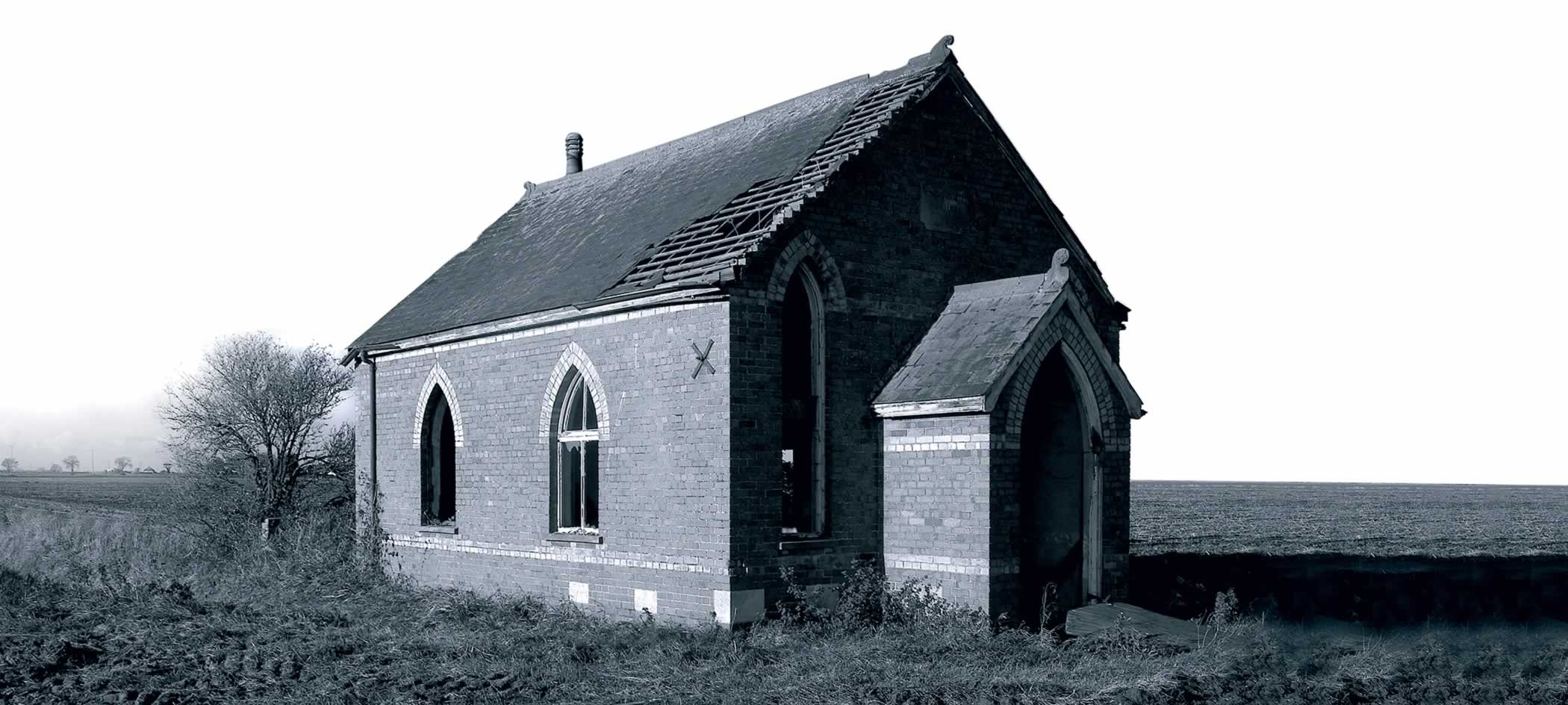
Before I'm accused of delusions of grandeur, the headline of this post is of course intentionally ridiculous. I don't for one moment think this site is bringing about the downfall of religion (nor would I particularly want it to), but I thought the title provided a nice way in to the argument of an interesting piece I just read on the US site AlterNet, itself entitled "Does the Internet Spell Doom For Organized Religion?"
In the piece, AlterNet writer Valerie Tarico argues that the free flow of online information that has come to define the opening years of the 21st century is bad news for the old religions, because an open marketplace is anathema to a set of belief systems founded upon dogma and control of their adherents' consciences.
It's an argument best summarised by this paragraph:
"Religions have spent eons honing defenses that keep outside information away from insiders. The innermost ring wall is a set of certainties and associated emotions like anxiety and disgust and righteous indignation that block curiosity. The outer wall is a set of behaviors aimed at insulating believers from contradictory evidence and from heretics who are potential transmitters of dangerous ideas. These behaviors range from memorizing sacred texts to wearing distinctive undergarments to killing infidels. Such defenses worked beautifully during humanity’s infancy. But they weren’t really designed for the current information age."
In Tarico's view, the winner in all this atheism, and she lists six ways in which internet content is introducing believers to the possibility of dissent, from viral content such as science videos and lists of ridiculous beliefs, to supportive online communities for those leaving religion and sites exploring the realities of life without god.
It's a thought-provoking piece, and hard to disagree with, but I did wonder if Tarico neglects one other way of interpreting the effect of the internet on religious belief. There's no doubt that atheism is spreading through online channels, but it's also worth considering other, less conventional, forms of faith. It's something that's central to the debate about falling adherence to old religions, particularly Christianity in Western Europe and the US.
Take the UK for example. The 2011 Census results, published in December 2012, showed that the proportion in England and Wales identifying as "Christian" had fallen from 71.8 per cent to 59.3 per cent, with the proportion selecting the "No religion" option rising to 25 per cent, compared with 15 per cent ten years earlier.
But does "No religion" equal atheism? Not necessarily. As the sociologist Linda Woodhead pointed out in her interview with us in November, religion is not simply declining, but undergoing a transformation. While church attendances continue to fall, many people are adopting new forms of belief, which could range from less organised and dogmatic versions of the old faiths to the many incarnations of "spirituality" and New Ageism. While these things do not resemble religion in the traditional, organised sense, they do not equal atheism either.
In the end, the only big losers in the internet age are the old, dogmatic, hierarchical faiths (to be fair, Tarico's argument is specifically about organised religion). And, as James Gray shows in the current issue, even those are doing their best to catch up, having realised the evangelising potential of the web and digital TV.
In the new global marketplace of ideas, atheism is certainly looking like a leading brand. But don't rule its competitors out just yet.

